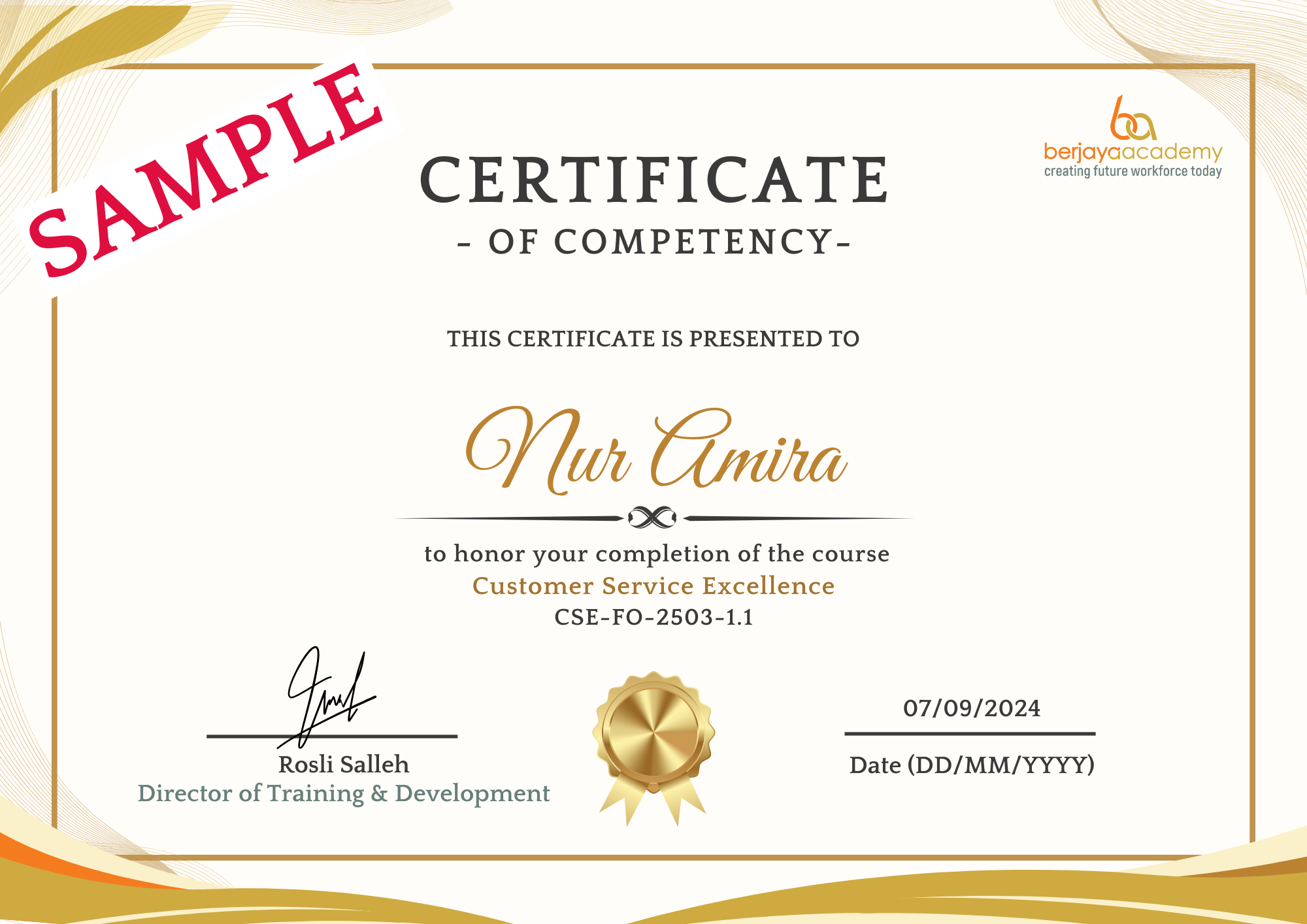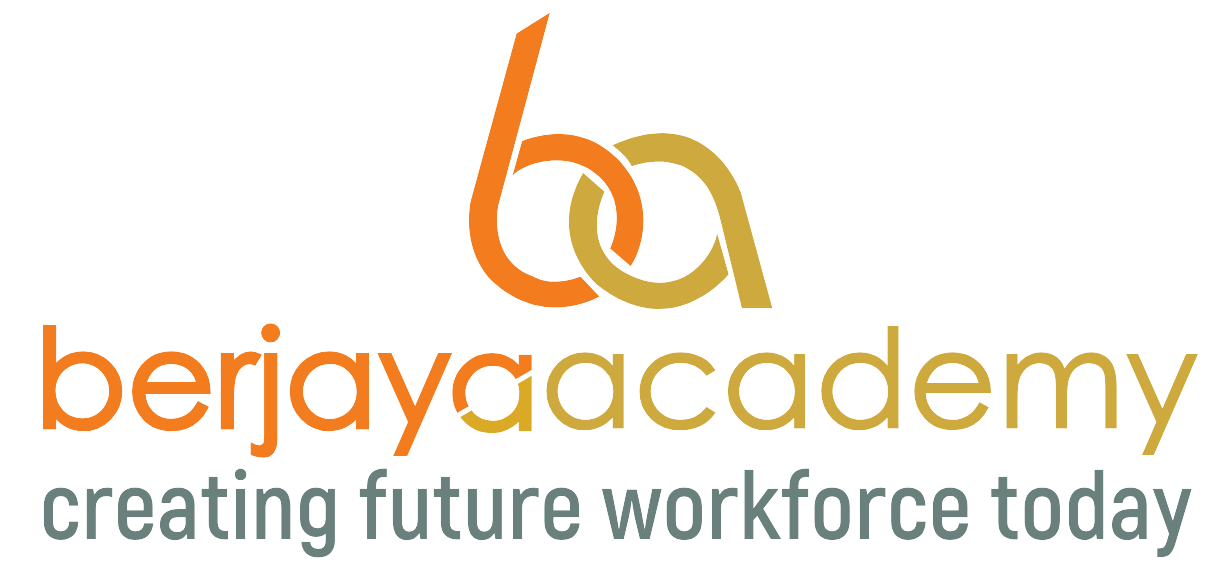
Course Details
Course Title: Allergen Awareness and Management
Course Code: AAM-FB-2503-1.1
Course Accreditation
Accreditation Type: Certificate of Competency
Course Duration
Total Course Hours: 8 hours (1 day)
Course Fee
Total Course Fee: S$180/pax
Funding Available (If Applicable):
- Training Industry Professionals in Tourism (TIP-iT)
- NTUC Company Training Committee (CTC) Grant
Summary
Topics:
- Identifying common food allergens and labeling practices.
- Communicating allergen information to customers.
- Responding to allergic reactions effectively.
Safety Aspect:
- Ensures guest health and prevents liability issues


Learning Objectives and Learning Units for Allergen Awareness and Management
Learning Objectives:
By the end of this course, learners will be able to:
- Identify common food allergens and apply proper labeling practices to prevent allergic reactions.
- Effectively communicate allergen information to customers, ensuring clear understanding and minimizing risks.
- Respond promptly and effectively to allergic reactions, including understanding the procedures for managing such emergencies.
Learning Units:
Unit 1: Identifying Common Food Allergens and Labeling Practices
- Overview of the most common food allergens (e.g., nuts, dairy, gluten, shellfish)
- Legal requirements for allergen labeling in food items (e.g., EU regulations, FDA guidelines)
- Understanding cross-contamination and how it affects allergen safety
- Proper food storage and preparation techniques to avoid allergen contamination
- Clear and accurate allergen labeling practices on menus and packaging
- Understanding allergen-related vocabulary and terminology
Unit 2: Communicating Allergen Information to Customers
- Importance of clear communication regarding allergens to customers
- How to ask the right questions when taking orders to ensure allergen safety
- Communicating allergen risks clearly to customers in verbal and written formats
- Handling special requests for allergen-free meals and ensuring customer safety
- Training front-of-house staff on how to communicate allergen information professionally
- Role of customer service in managing allergen-related concerns
- Customer rights regarding food allergies and legal implications for businesses
Unit 3: Responding to Allergic Reactions Effectively
- Understanding symptoms of allergic reactions (mild to severe)
- Emergency procedures for dealing with allergic reactions (e.g., using epinephrine, contacting emergency services)
- First aid response and management for food allergies
- Communicating with medical personnel in the event of an allergic emergency
- Prevention of further exposure to allergens during an allergic reaction
- Post-incident protocol: documenting and reviewing allergic reactions to prevent future occurrences
